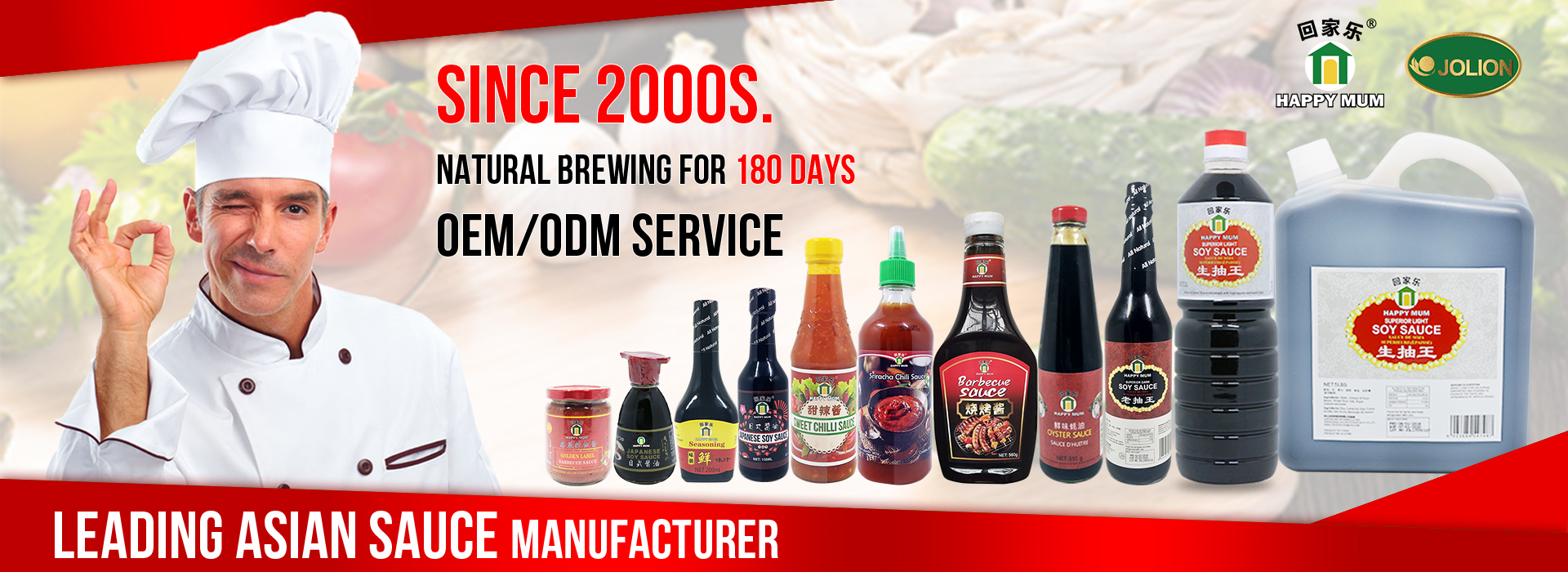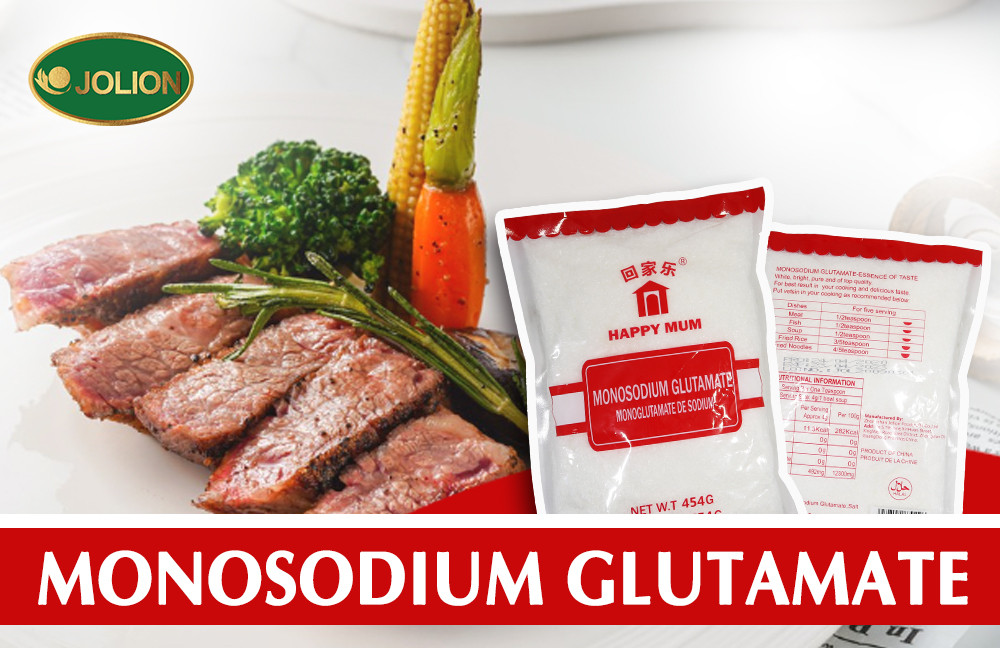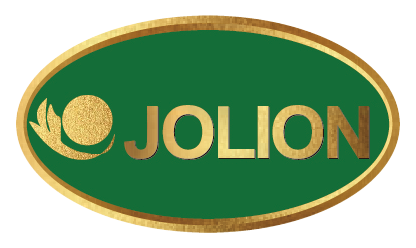
- Can I Put Sesame Oil on My Face?2026-02-04As the search for natural skincare solutions continues, many people are asking, "Can I put sesame oil on my face?" Sesame oil, derived from pure, selected sesame seeds, has been a staple in Asian cuisines for its rich flavor and health benefits.
- Can I Put Sesame Oil in Ramen?2026-02-04As culinary experimentation becomes more popular, many home cooks and chefs wonder, "Can I put sesame oil in ramen?" Sesame oil is a flavorful ingredient known for its rich, nutty taste, making it an excellent addition to many dishes.
- Can Diabetics Eat Sesame Oil?2026-02-04As health-conscious choices become increasingly important, many people wonder, "Can diabetics eat sesame oil?" Sesame oil has been a staple in various culinary traditions, especially in Asian cuisines, known for its rich flavor and numerous health benefits.
The Manufacturing Process of Monosodium Glutamate
Many people may wonder about how monosodium glutamate is made. JOLION Foods takes pride in the dedication to using high-quality, all-natural ingredients in all of our products, including our MSG (monosodium glutamate) selections. You can organically boost the flavours of your dishes and take your culinary creations to new heights using MSG from JOLION Foods.

Understanding Monosodium Glutamate (MSG)
So how monosodium glutamate is made? Monosodium Glutamate (MSG) is a popular seasoning and flavor enhancer that is widely used in the culinary world. It is known for its ability to intensify and enhance umami flavors in various foods, making us more delicious and satisfying. MSG has gained recognition for its contribution to the savory taste profile and is extensively utilized in sauces, broths, soups, and many other food products.
Moreover, it is important to note that MSG has been scientifically proven to be completely digested and absorbed by the human body. Esteemed organizations such as the United States Food and Drug Administration and the World Health Organization have classified MSG as safe for consumption. Understanding the benefits of MSG digestion and its safety classification provides reassurance to both businesses and consumers.
The Production of Monosodium Glutamate
The production of MSG involves a precise manufacturing process to ensure the highest quality and purity. The process begins with the selection of raw materials, typically derived from natural sources such as sugarcane, sugar beets, or tapioca starch. These materials contain the necessary amino acids that serve as the foundation for MSG production.
The key step in producing MSG is the fermentation process. Through the action of specific bacteria, the amino acids are converted into glutamic acid, which is then transformed into monosodium glutamate. This fermentation process is carefully monitored to maintain optimal conditions for bacterial growth and product quality.
Following fermentation, the next steps involve purification and crystallization. The impurities are removed to obtain a purified glutamate solution, which is then concentrated and crystallized to produce the final product – high-quality MSG crystals. These crystals are carefully dried and packaged to preserve our flavor-enhancing properties.
JOLION Foods: Certified MSG Manufacturer
JOLION Foods is a trusted producer of certified MSG, adhering to international quality standards in the manufacturing process. With a commitment to excellence, JOLION Foods ensures that our MSG products meet the highest quality requirements, providing businesses with a reliable source of flavor enhancement.
As a certified MSG manufacturer, JOLION Foods offers businesses the opportunity to partner with us through our OEM (Original Equipment Manufacturer) service. This service allows businesses to create our own private label MSG products, tailored to our specific needs and brand identity. By choosing JOLION Foods as our supplier, businesses can access high-quality MSG and enhance our product offerings with confidence.
Conclusion
In conclusion, understanding the manufacturing process of monosodium glutamate (MSG) sheds light on its role as a popular seasoning and flavor enhancer. In this article we can know how monosodium glutamate is made. The precise steps involved in producing MSG ensure its quality and purity. JOLION Foods, as a certified MSG manufacturer, offers businesses the opportunity to partner with us and access the best wholesale prices on certified MSG products. Contact JOLION Foods today to elevate your culinary creations with high-quality MSG.
Start Your Seasoning Sauce Business by a Free Quote
GET FREE QUOTES
If you are interested in our services, let's have a try on the first project
